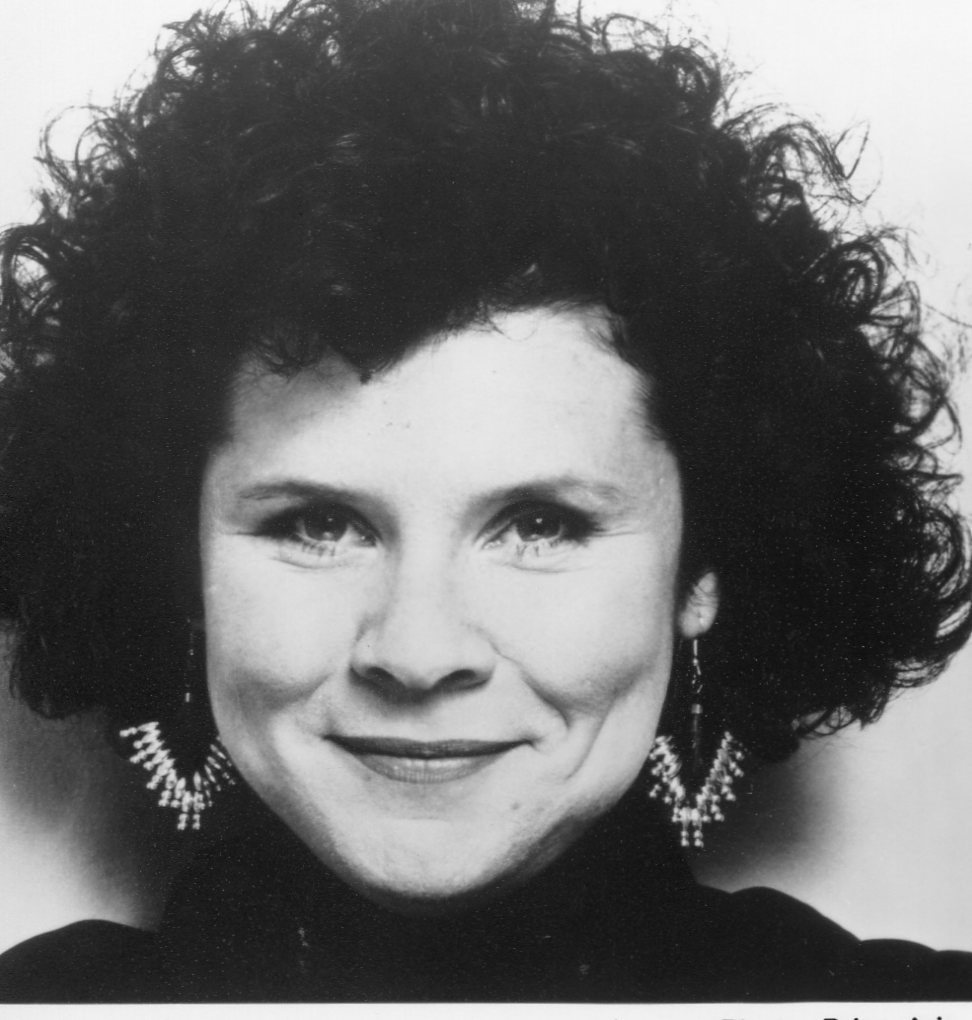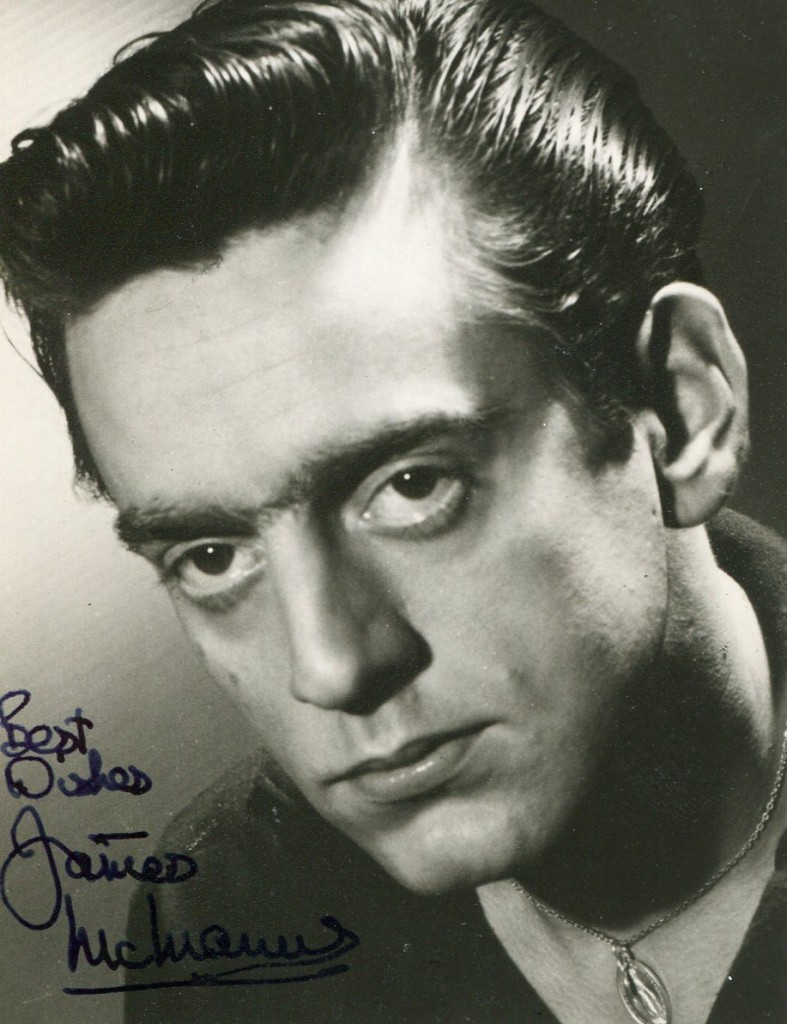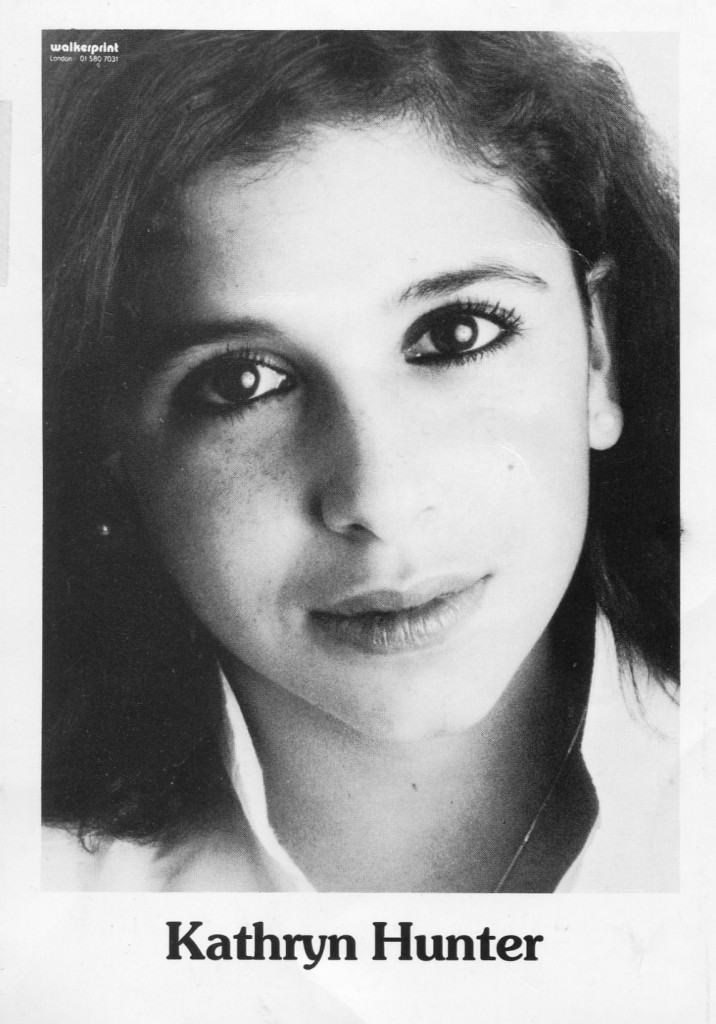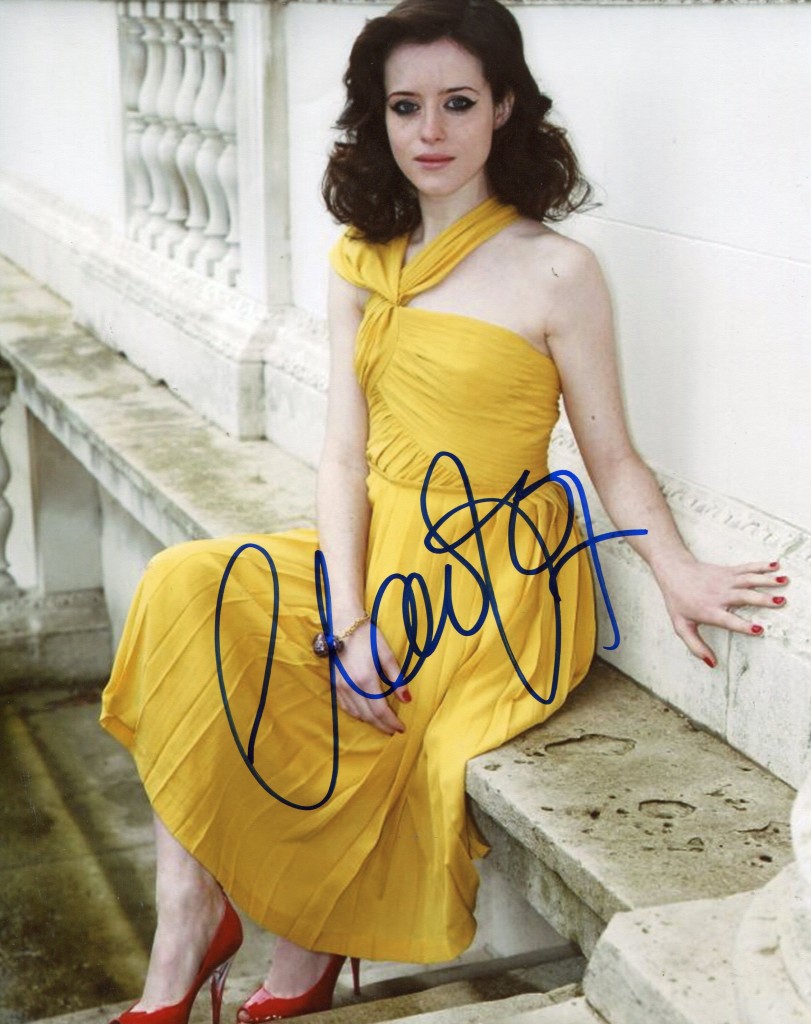
Imelda Staunton was born in London in 1956. Her parents hailed from Co Mayo. When she was 18 she enrolled in RADA. Her work includes “Vera Drake”, “Much Ado About Nothing” and “Harry Potter and the Order of the Phoenix”. Her husband is the actor Jim Cater.
IMDB entry:
Imelda Staunton was born on January 9, 1956 in London, England as Imelda Mary Philomena Bernadette Staunton. She is an actress, known for Vera Drake (2004), Chicken Run (2000) and Much Ado About Nothing (1993). She has been married to Jim Cartersince October 1983. They have one child.An only child, she attended La Sainte Union Convent, a convent school in the north of London.
She was awarded the Laurence Olivier Theatre Award in 1986 (1985 season) for Best Performance in a Supporting a Role for “A Chorus of Disapproval” and “The Corn is Green”.
She was awarded the Laurence Olivier Theatre Award in 1991 (1990 season) for Best Actress in a Musical for “Into the Woods”.
She was nominated for a 1997 Laurence Olivier Theatre Awards for Best Actress in a Musical of the 1996 season for her performance in “Guys and Dolls”.
She was awarded the 1985 London Critics Circle Theatre Award (Drama Theatre Award) for Best Supporting Actress for her performances in A Chorus of Disapproval and The Corn is Green.
Became an Associate Member of RADA.
Graduated from RADA.
She won the “Coppa Volpi” award for her performance in Vera Drake (2004) at the 2004 Venice Film Festvial. The movie “Vera Drake” also won the “Gold Lion” award for the best movie at the same event.
Daughter, Bessie Carter, born in November 1993.
Her talent agent is the mother of Freddie Highmore.
One of 112 invitees to join AMPAS in 2005.
She was awarded the O.B.E. (Officer of the Order of the British Empire) in the 2006 New Year’s Honours List for her services to drama.
Turned down a recurring role in Desperate Housewives (2004).
Offered a role in Bewitched (2005).
At 14, she played Polly Peachum in a school production of the musical “The Beggar’s Opera”.
Has a beautiful singing voice, heard in the film Peter’s Friends (1992).
Played an educational bureaucrat in two films in 2007: Freedom Writers (2007) and Harry Potter and the Order of the Phoenix (2007).
Appears with her husband Jim Carter in Cranford (2007).
Won the Olivier Award as Best Actress in a Musical for her performance in “Sweeney Todd” (2013).
Has just begun filming her role as “Dolores Jane Umbridge” in Harry Potter and the Order of the Phoenix (2007). [February 2006]
Personal quotes:
I go up for a job, someone else gets it, what can I do about that? That might be in another league to me, people being competitive. But it’s not like running a race. I’m not against anyone. I think that’s a much more American thing, that.
We’re all unique as actors. To yourself, you are unique, you have to think, “I’m me, I’m not going to bunch myself with other people”. Agents and producers have to get you into a box, to accommodate their limited imaginations.
[on working with Mike Leigh in Vera Drake (2004)] He’s the nicest . . . because he works so hard, and I think he expects other people to work hard. And in my book, that’s enough. We don’t roll into rehearsal at 10:30 and have coffee. We start at 8:00 a.m., we finish at 8 o’clock at night. I mean, you don’t want to dither around him. And I think that’s fine. I think he’s entitled to say what he wants and what he doesn’t want. He knows a lot about it. He doesn’t have to be nice if he doesn’t want to, just to be charming.
Well, my parents were working people. You just worked. I’ve always wanted a long career, not an instant one. I left RADA [Royal Academy of Dramatic Arts], I worked in rep for six years, then I came to London and came to the National Theatre. What’s better than that? I don’t know what’s better than that. “Oh, but surely you wanted to be a big film star when you were 21?” No, because I would’ve been rubbish. Because I spent a lot of time in rep being OK, being very bad, and then being quite good. And I could practice my craft. You know, being exposed that early, to be brilliant in your first job, where do you go from there? It’s given me time, which is a luxury.
[on her view about abortion, something she’s been asked a lot after her role in Vera Drake (2004)] I’m not Susan Sarandon. I don’t want to bang a drum. I think I’m just going to say, “I’m pro-choice” and leave it at that.
I am a character actress, well, let’s say, I am a leading character actress who does interesting, odd parts.
You know you can be very famous without being a great actress, and that’s not good for me.
I reached the point now, where I have become as comfortable on a movie set as I am on stage. Before, I was trying to figure it out, how much should I emote, where should I stand? But now I know more about the camera, and what goes into the mix, technically. I’m much more comfortable doing film now.
[what she thinks about celebrities getting free gifts at award shows] It’s obscene, isn’t it? Just ridiculous. We don’t need any of these things! Give it to people who need it. I’ll never have to buy moisturizer again. I might start eating it soon.
All my heroes-Timothy Spall, Lesley Manville–are just so brilliant. And I thought, “Well, I’m not in that league”.
As Vera Drake, I feel Mike [director Mike Leigh] has used all of me as a dramatic actress, in a positive sense.
As you well know, we don’t have a script when we’re shooting. But after the film, the screenplay gets published and you can read the whole thing.
Agents and producers have to get you into a box to accommodate their limited imaginations.
[on Vera Drake (2004)] You don’t have a script, so we prepared that film for six months and then filmed it for three and a bit months. Nothing is improvised on film but for me I created with Mike [director Mike Leigh] that woman literally from the day she was born, so I know everything about her life. And of course we can’t do it in every job because there is not the time, because most films you literally get the script, you learn it immediately and you turn up and you just do it. Which, with a lot of the work I do, that’s plenty of preparation. But for something like that–and I’d never worked with him before–and it was a real eye-opener. And to have that happen to me in a time when–I hope–was the middle of my career, it was like going back to drama school and starting all over again. (On Vera Drake (2004))
[on her role of Alfred Hitchcock‘s wife Alma Reville in The Girl (2012)] Alma was very tolerant. She mothered Hitchcock, because he was like a bloody child. He was a bloody idiot with Tippi [Tippi Hedren. People should have told him, “Just make the bloody film and go home”.
[on Alfred Hitchcock] But he was delusional. People say he was vulnerable–oh, for goodness sake, don’t be mealy-mouthed about it! He just needed to grow up–that may sound unkind, but it’s realistic. There again, if he had grown up, he wouldn’t have been such a brilliant filmmaker. All his many flaws made him the great director he was.
We actors are like children–all you have to do is feed and encourage us, and we’ll be fine. That controlling animus has gone. No director treats us badly anymore. In fact, they should put that in the end credits of The Girl (2012): “No actor has been harmed in the making of this movie”.
The above IMDB entry can also be accessed online here.









